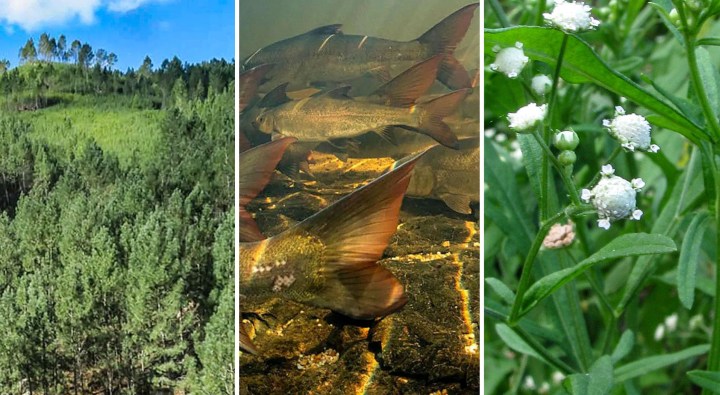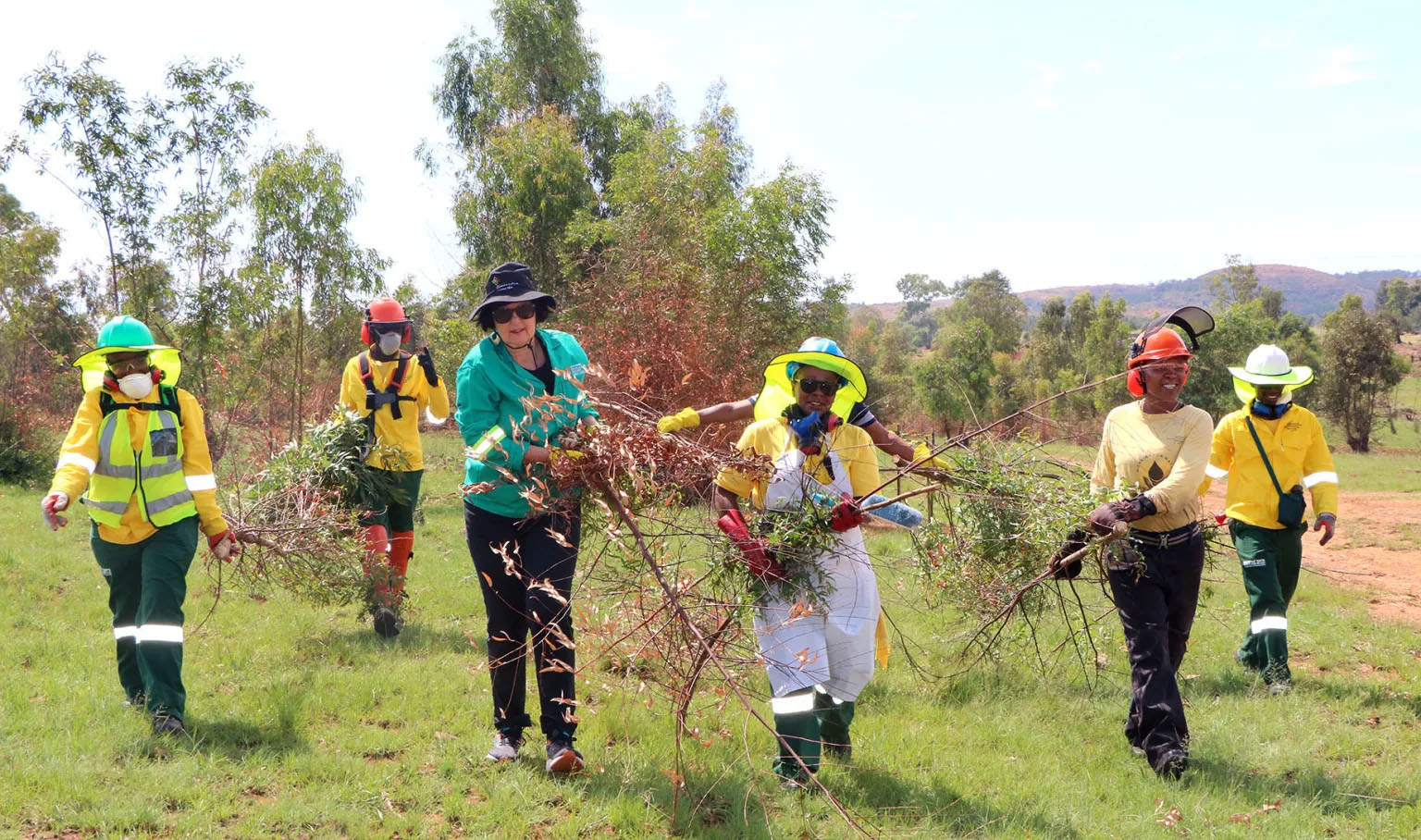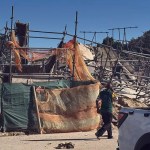BIODIVERSITY
Why South Africa spends billions fighting alien invaders

Fighting alien invasive species cost the government R1.5bn between 2020-2022, with R10bn spent since 1995, which led to the creation of 825,000 jobs and the clearing of 3.6 million hectares of alien species.
Alien invasive species in South Africa are competing with indigenous species for natural resources, disrupting ecosystems with ramifications for livelihoods, said Minister of Forestry, Fisheries and the Environment Barbara Creecy
Creecy was addressing the launch of the third South African National Botanical Institute’s (Sanbi’s) National Status of Biological Invasions and their Management report at Pretoria’s National Botanical Gardens on Friday. The report tracks alien invasive species data from 2019 to 2022.

Forestry, Fisheries and Environment Minister Barbara Creecy. (Photo: Felix Dlangamandla)
Dr Theressa Frantz, Sanbi’s chief director of biodiversity research, assessment and monitoring, said 36 species were assessed, of which 19 — mainly trees and fishes — were found to have negative impacts at a national level. These species include pine trees, prosopis trees, parthenium weed and freshwater fish.
“In mountain catchments, alien species [were] cleared towards [Cape Town’s] Day Zero as they use a lot of water as they compete with people and biodiversity for scarce water resources. They also increase the intensity of fires and crowd out our indigenous biodiversity.
“Alien freshwater fishes are invading and reducing the diversity of our native fish and other organisms. While we have been doing well on risk analysis, much more needs to be done for appropriate management strategies to protect biodiversity and maintain ecosystem services that are essential to human wellbeing,” Frantz said.
Data gaps
The Sanbi report comes a year after the Intergovernmental Science-Policy Platform on Biodiversity and Ecosystem Services (Ipbes) released a report which found that more than 37,000 alien species had been introduced to regions and biomes across the globe, with more than 3,500 of these being harmful. A previous Ipbes report found alien invasive species were one of the direct drivers of biodiversity loss.
“The Ipbes assessment revealed data gaps in South Africa, which is worrying. And this results in the underestimation of the impact of biological invasions. In 2019, the global annual economic cost of alien invasions was estimated to be $423-billion, which is of course an underestimation,” Frantz said.
An average of three new alien species per year had been accidentally or illegally introduced to South Africa between 2013 and 2022, Creecy said, adding that this was lower than the 2010-2019 average of four species per year.
The most harmful was an alien species of house mouse introduced to Marion Island which threatens the island’s seabirds.
Read more in Daily Maverick: Massacre at Marion: Mouse eradication project gathers pace
Creecy said tackling invasive species cost the government R1.5-billion between 2020-2022. She said R10-billion had been spent on this since 1995, which led to the creation of 825,000 jobs and the clearing of 3.6 million hectares of alien species.
Accidental or deliberate
Dr Katelyn Faulkner, co-author of the Sanbi report, told Daily Maverick that an alien invasive species introduced to South Africa about three years ago was of particular concern because of its potentially negative impacts on native trees.
“Seiridium neocupressi (a fungus), causes the disease cypress canker. This fungus was first recorded in South Africa in 2021 on the native tree Widdringtonia nodiflora (mountain cypress). Three species of Widdringtonia occur in South Africa.

Environment Minister Barbara Creecy with Working on Fire Programme participants eradicating alien invasive plants. (Photo: DFFE)
“The other species, W. wallichii (Clanwilliam cypress) and W. schwartzii (Baviaanskloof cedar), are endemic to South Africa and only occur in small populations that are already threatened. Before its introduction to South Africa, the fungus was only known to occur in Australia, New Zealand and Italy. We do not know with certainty how the fungus was brought into the country, but it was most likely brought in along with imported plants,” Faulkner said.
The report found that alien species were most prevalent in Western Cape, Eastern Cape and KwaZulu-Natal. Provinces with the greatest increase in alien plants were Western Cape, Gauteng and Limpopo.
Creecy told Daily Maverick that alien invasives were most prevalent in areas where they can be accidentally or deliberately introduced.
“Accidentally, it happens with visitors travelling, bringing with them organisms on their clothing. We know that we also find organisms in food that is imported.
“We have started nurseries in all [national botanical gardens] to sell indigenous plants. We try to attract the public to enjoy the garden, but also give them an opportunity to buy indigenous plants and plant them in their garden instead of planting exotic species,” the minister said. DM



















Comments - Please login in order to comment.